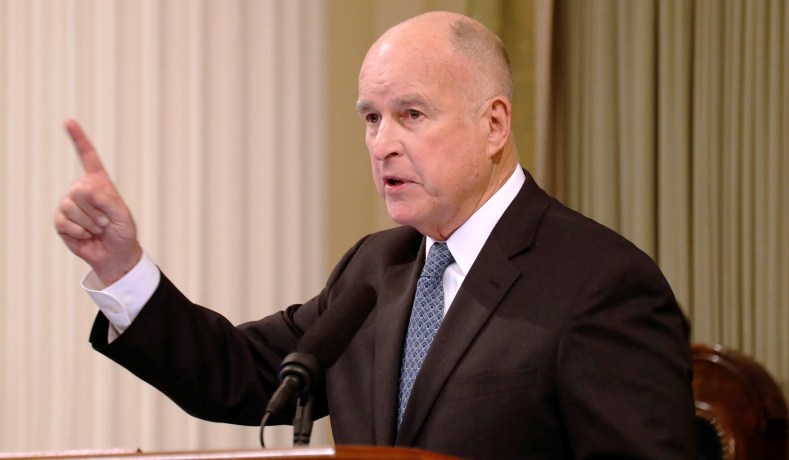

A California judge struck down a 2018 state law requiring public companies to have female directors on their boards after finding the mandate violated the equal protection clause of the state’s constitution.
Judge Maureen Duffy-Lewis of the Superior Court of California in Los Angeles issued the ruling on Friday in response to a lawsuit from Judicial Watch on behalf of three California residents challenging the law.
The law required publicly held companies headquartered in California to have one member who identifies as a woman on their board of directors by the end of 2019. It then required boards with five directors to have two women and boards with six or more members to have three women by January 2022.
Companies that failed to report board compositions to the California secretary of state’s office could be subject to a $100,000 fine under the law, while multiple failures to have the required number of women board members could result in a $300,000 fine, according to the Associated Press.
Judicial Watch argued the law was unconstitutional because it is illegal to use taxpayer funds to enforce a law that violates the equal protection clause.
The judge found that Judicial Watch’s evidence was “compelling” and that the law treats similar board candidates differently based on gender. The state failed to meet its burden in showing that the law meets a compelling public interest, is necessary and is narrowly tailored, the judge said.
The state argued that the law was needed to fight a culture of discrimination that gave men a leg up and claimed that the law did not create a gender-based quota because boards could add seats for female directors without removing men from their roles.
Fewer than half of some 650 public corporations headquarters in California reported compliance last year, with more than half not filing the required disclosure statement, the AP reported. Yet no fines were brought against the companies that failed to comply and there was no intention to enforce any fines, a chief in the secretary of state’s office testified, according to the report.
Jerry Brown, who was governor of California at the time the law was passed, said he signed the measure to send a message during the #MeToo movement, despite the potential for it to be overturned in court.
Secretary of State Alex Padilla sent Brown a letter before the then-governor signed the law warning that any attempt by the secretary of state to collect or enforce the fine would likely exceed its authority, according to the AP.
The ruling comes after another California judge struck down a law last month requiring public companies headquartered in California to have at least one racially, ethnically or otherwise diverse director by 2021, the Wall Street Journal reported. That ruling also came in response to a lawsuit backed by Judicial Watch.